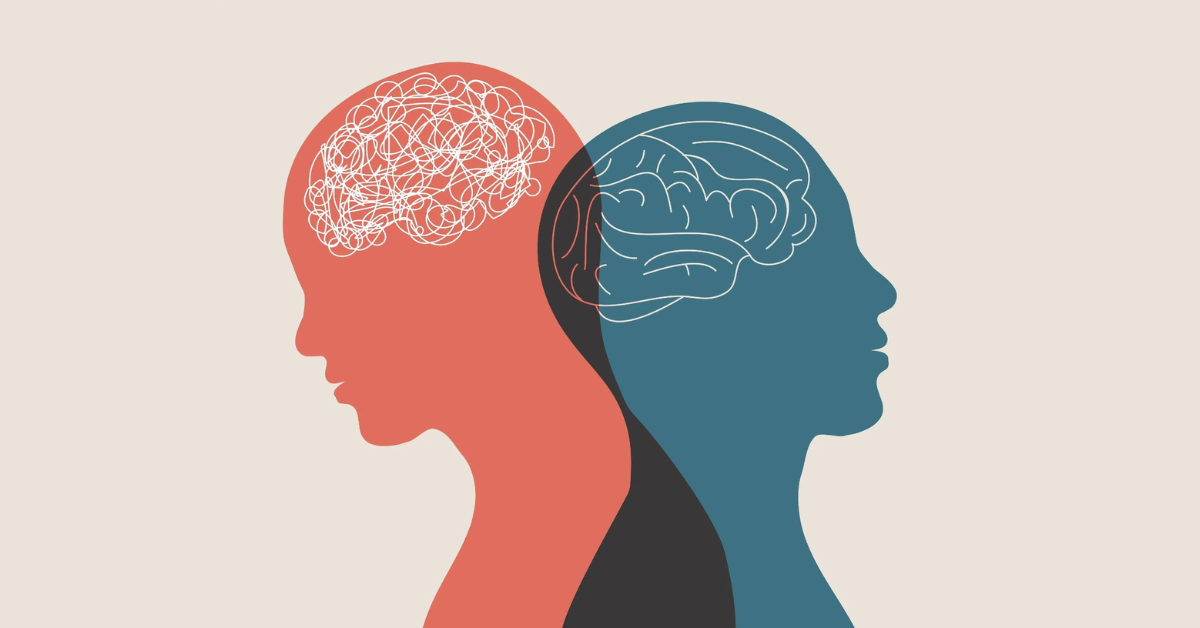The Role of Medication in Treating Mental Health Disorders
Medication plays a crucial role in the treatment of mental health disorders, offering significant benefits for many individuals struggling with conditions such as depression, anxiety, bipolar disorder, and schizophrenia. While medication is often most effective when combined with other therapeutic approaches, understanding its role can help demystify its use and enhance treatment outcomes. This article explores the role of medication in treating mental health disorders, its benefits, limitations, and considerations.
1. Understanding Mental Health Medications
Types of Medications: Mental health medications fall into several categories, each targeting different aspects of mental health conditions:
- Antidepressants: These are used primarily to treat depression and anxiety disorders. Common classes include selective serotonin reuptake inhibitors (SSRIs), serotonin-norepinephrine reuptake inhibitors (SNRIs), and tricyclic antidepressants (TCAs). They work by balancing chemicals in the brain that affect mood and emotions.
- Antianxiety Medications: These are used to manage symptoms of anxiety disorders. Benzodiazepines are a common type, providing short-term relief by acting on the central nervous system to produce a calming effect. Non-benzodiazepine options, such as buspirone, are also used for longer-term management.
- Mood Stabilizers: Used primarily to treat bipolar disorder, mood stabilizers help control fluctuations in mood, reducing the intensity of manic and depressive episodes. Lithium and certain anticonvulsants are examples.
- Antipsychotics: These medications are prescribed for conditions like schizophrenia and other psychotic disorders. They help manage symptoms such as hallucinations, delusions, and disorganized thinking. Antipsychotics are categorized into typical (first-generation) and atypical (second-generation) drugs.
- Stimulants: These are often used to treat attention-deficit/hyperactivity disorder (ADHD). Stimulants like methylphenidate and amphetamines help increase attention and focus by affecting neurotransmitter levels.
2. Benefits of Medication
Symptom Relief: One of the primary benefits of mental health medications is the alleviation of symptoms. For many individuals, medications can reduce the severity of symptoms, such as persistent sadness, anxiety, or psychotic episodes, thereby improving overall functioning and quality of life.
Improved Functioning: By managing symptoms more effectively, medication can help individuals improve their ability to perform daily tasks, maintain relationships, and engage in work or educational activities.
Complement to Therapy: Medication often works best in conjunction with psychotherapy (talk therapy) and other non-pharmacological treatments. It can provide the stability needed for individuals to engage more effectively in therapy and other forms of support.
Enhanced Quality of Life: For many, medication leads to significant improvements in mood, cognitive function, and overall well-being. This enhanced quality of life can contribute to better physical health, improved social interactions, and increased productivity.
3. Limitations and Considerations
Side Effects: Mental health medications can have side effects, ranging from mild to severe. Common side effects might include weight gain, fatigue, gastrointestinal issues, or sexual dysfunction. It’s essential for individuals to communicate with their healthcare providers about any adverse effects experienced.
Individual Variability: Medications can affect individuals differently. What works well for one person might not be effective for another. Finding the right medication often involves trial and error, and adjustments may be necessary to achieve optimal results.
Risk of Dependence: Some medications, particularly benzodiazepines and certain stimulants, can lead to dependence or abuse if not used correctly. It’s important for these medications to be prescribed and monitored carefully to mitigate risks.
Long-Term Effects: The long-term effects of some mental health medications are not always fully understood. Ongoing monitoring by a healthcare provider is crucial to assess the continued effectiveness and address any emerging concerns.
4. Medication Management
Regular Monitoring: Regular follow-ups with a healthcare provider are essential for managing mental health medications. These appointments allow for adjustments in dosage, monitoring of side effects, and assessment of medication effectiveness.
Adherence: Adhering to the prescribed medication regimen is vital for achieving the best outcomes. Missing doses or discontinuing medication abruptly can lead to relapse or worsening of symptoms.
Open Communication: Patients should maintain open communication with their healthcare providers about their experience with medication. Discussing any concerns, side effects, or changes in symptoms helps providers make informed decisions about treatment.
Education: Understanding how medications work and their potential effects helps individuals make informed decisions about their treatment. Educating oneself about the purpose of the medication and its impact can contribute to better management and adherence.
5. Integrating Medication with Other Treatments
Holistic Approach: Medication is often most effective when used as part of a holistic treatment plan. This may include psychotherapy, lifestyle changes (such as diet and exercise), and support from family or support groups.
Personalized Treatment: A personalized approach to mental health care ensures that the medication and other treatments are tailored to the individual’s specific needs and circumstances. Collaboration between the patient, healthcare provider, and possibly other professionals is key to developing an effective treatment plan.
Lifestyle Modifications: Incorporating healthy lifestyle practices, such as regular exercise, adequate sleep, and stress management techniques, can enhance the effectiveness of medication and contribute to overall well-being.
Conclusion
Medication plays a vital role in the treatment of mental health disorders, offering significant benefits in symptom management and overall quality of life. While it is not without limitations, understanding its role, managing its use effectively, and integrating it with other therapeutic approaches can lead to successful outcomes. Through regular monitoring, open communication with healthcare providers, and a holistic treatment approach, individuals can make the most of their medication and work towards achieving better mental health.






